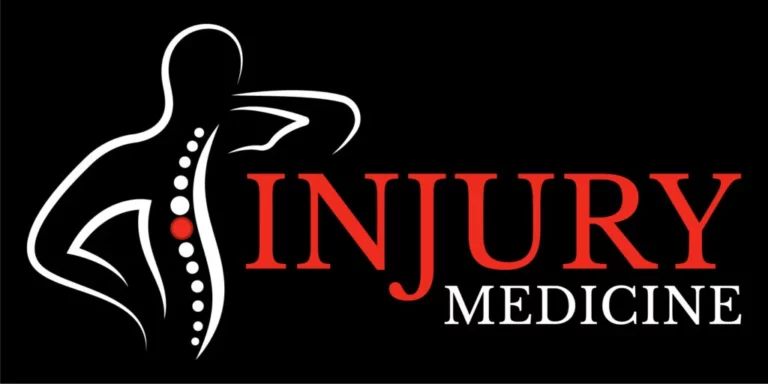- Car Accidents
Giving a recorded statement after a car accident could potentially weaken your claim if you say something incorrectly or that contradicts what you’ve said before. The insurance company may use your statement against you to deny or reduce your claim.
Before agreeing to a recorded statement, think it over and consider consulting with an attorney. They can advise you on your rights and help ensure your statement is as strong and accurate as possible. If you do proceed with a recorded statement, be extremely careful with your choice of words.
The Risks of Providing a Recorded Statement
Providing a recorded statement to an insurance company after an accident can be risky. Here are some of the potential risks to be aware of.
Inconsistencies
If you accidentally say something that is not true or inconsistent with other evidence, it can hurt your chances of receiving compensation for your injuries. During a stressful time like this, it’s easy to get details mixed up or forget important facts.
Admissions Against Interest
You may unintentionally admit fault or liability during the recorded statement. Insurance companies are trained to get people to say things that weaken their claims. Be very careful with your wording.
Misinterpretation
Insurance adjusters may misconstrue or wrongly interpret what you say. They are trying to limit how much the company has to pay out. Without the full context or ability to clarify, your words could be taken out of context.
Limited Information
Recorded statements are usually made soon after an accident when you may still be in shock or have limited details about what happened. You likely won’t have all the facts about the severity of your injuries, witness statements, police reports, etc. Wait until you have a more complete picture before giving a statement.
What to Do If You Must Provide a Statement
If the insurance company insists you provide a recorded statement about the accident, don’t panic. But do proceed with caution. Here are some tips to keep in mind.
- Never admit fault. Admitting any responsibility for the crash can severely impact your claim. You could see your claim denied or your compensation may be reduced.
- Be concise. Answer only the questions posed to you. Don’t offer extra details or speculate beyond what is asked. Keep your answers short, straightforward, and unambiguous. Ask for clarification if a question is confusing or unclear.
- Don’t speculate. If you don’t know the answer to something, say so. Don’t guess or make assumptions about what they may be implying with their question. Speculation and assumptions can only hurt your claim.
- Consider consulting an attorney. Speaking with a lawyer experienced in auto accident cases can help put you at ease before giving a statement. They can advise you on your rights and help anticipate questions that may be asked to prepare you to respond in a way that does not jeopardize your claim.
Reach Out to Injury Medicine
Before providing a statement, contact the medical professionals at Injury Medicine. Our doctors can examine you, diagnose any injuries related to the accident, and start a treatment plan to help you recover. They can also determine how much time you may need off work to heal.
Having this information will allow you to give the most accurate statement possible about how the accident has impacted you physically and financially.
Call Injury Medicine at 864-866-PAIN to schedule an evaluation right away. We have extensive experience treating accident victims, and we work with your personal injury lawyer. You don’t have to worry about out-of-pocket expenses since our doctors are paid once your case settles.





